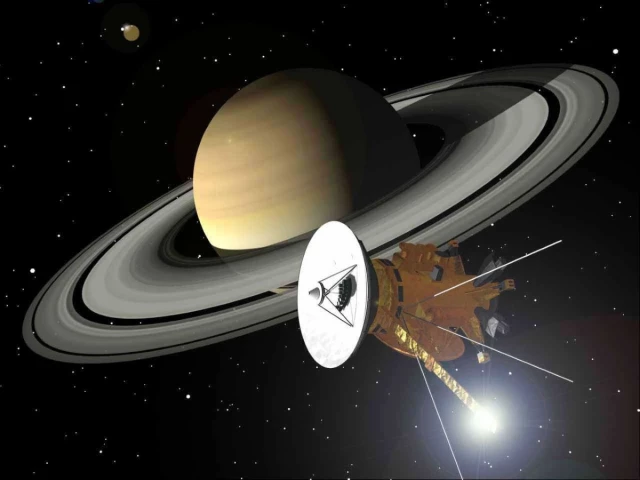Dr. Nozair Khawaja, a Pakistan-born German scientist, has made groundbreaking discoveries about the possibility of life on Saturn’s moon. Using data from NASA’s Cassini spacecraft, Dr. Khawaja identified a diverse range of organic molecules, such as esters, ethers, aliphatic, and aromatic compounds, on the icy moon Enceladus. These findings offer new insights into the chemical environment that could support microbial life beyond Earth.

Key Discoveries on Enceladus
The presence of these organic molecules suggests that Enceladus has the necessary ingredients for life. Dr. Khawaja’s research points to complex chemical processes happening beneath the moon’s icy surface, possibly in a hidden ocean. The detection of esters and ethers is particularly exciting because they are considered building blocks for life as we know it. This advance could shape future missions looking for extraterrestrial life in our solar system.
Impact on Future Space Exploration
Scientists around the world see this discovery as a major step forward in space research. The study opens up new opportunities to explore Saturn’s moons and seek evidence of life beyond our planet. Dr. Khawaja’s contribution underscores the role of diverse scientific talent in advancing humanity’s understanding of the universe.
















